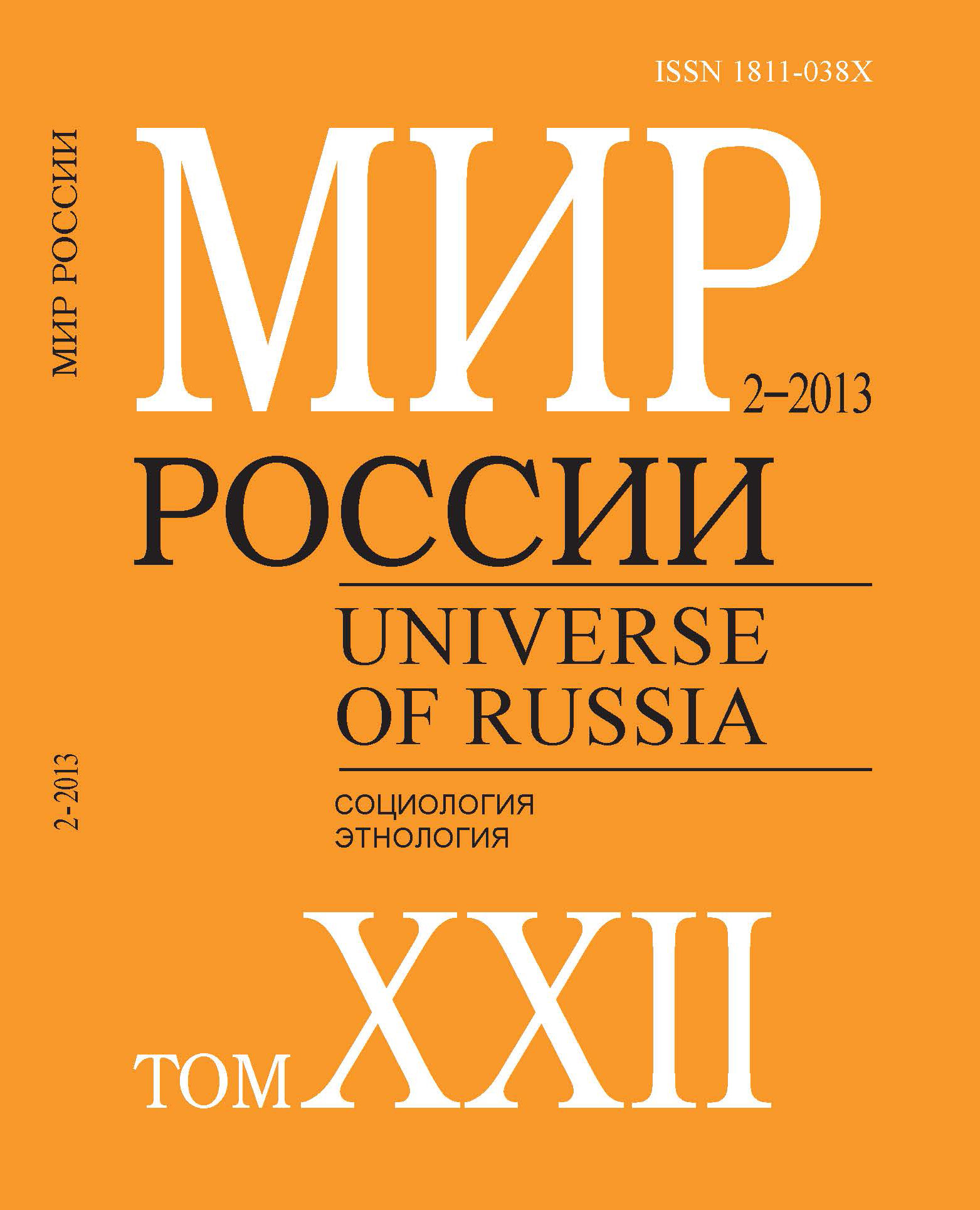The Story of Bridging Soviet and Foreign Sociology, or ‘Self-Made Sociologists’
Abstract
Boris Firsov — Honored Rector, European University at Saint Petersburg. Address: 3, Gagarinskaya St., St. Petersburg, 191187, Russian Federation. E-mail: firsov@eu.spb.ru
This article provides some illustrations of the history and development of Soviet sociology. Most of these stories concern the ‘building bridges’ between Soviet and Western sociology.
One of the characteristic features of Soviet sociology, which sprouted in the middle of 1960s, was the lack of professional sociological training for scientists. By that time, Western science had accumulated substantial theoretical and practical knowledge in social research. Further development of Soviet sociology, however, was challenged by many obstacles and restrictions. Soviet sociologists, who found themselves constrained by a rigid ideological framework, had to demonstrate a loyalty and full commitment to Marxism, as well as practical efficiency and usefulness of their actions. They also needed to show faithfulness to the Communist Party, and at the same time stay out of the ‘bourgeois social science’. Despite this, however, there were several lucky incidents, when they could have secured critically important contacts with leading American, Polish and other foreign scholars of that time. Another vital factor was the persistence with which some Soviet sociologists aspired to shift from abstract philosophical categories to the study of existing social realities.
The revival of sociology in the Soviet Union did not escape the attention of Western, especially American, scientists. Their studies on the development of sociology in socialist countries were capped under the network, ‘Intellectuals in Socialist Societies’. These studies were free from any ideological bias and demonstrated political sanity. It was generally accepted that the development prospects for the new discipline were very restrained, mostly owing to the pressure of official ideology and certain prevailing beliefs. To a certain extent this also influenced the development of applied methods of studying the empirical data. Multivariate analysis was rendered useless because of its ‘practical empiricism’. In the Soviet system, the only requirement of empirical sociology was to identify the broad masses of people and their behavior, which was further reinterpreted in terms programmed and predefined social actions. And yet, the American sociological community sincerely hoped for positive change and a deepening of cooperation with the Soviet sociologists.
In conclusion, the article summarizes several facts about the formation of a new social science behind the ‘Iron Curtain’, which once separated the world into two great parts. The new interest in sociology, which emerged in socialist countries in the post-Stalin era, was a reflection of their need for an especially accurate and realistic picture of their social environments. This need was further enforced by the lack of confidence in mass communist propaganda, which ultimately stimulated the public demand for new sources to describe the real world.






